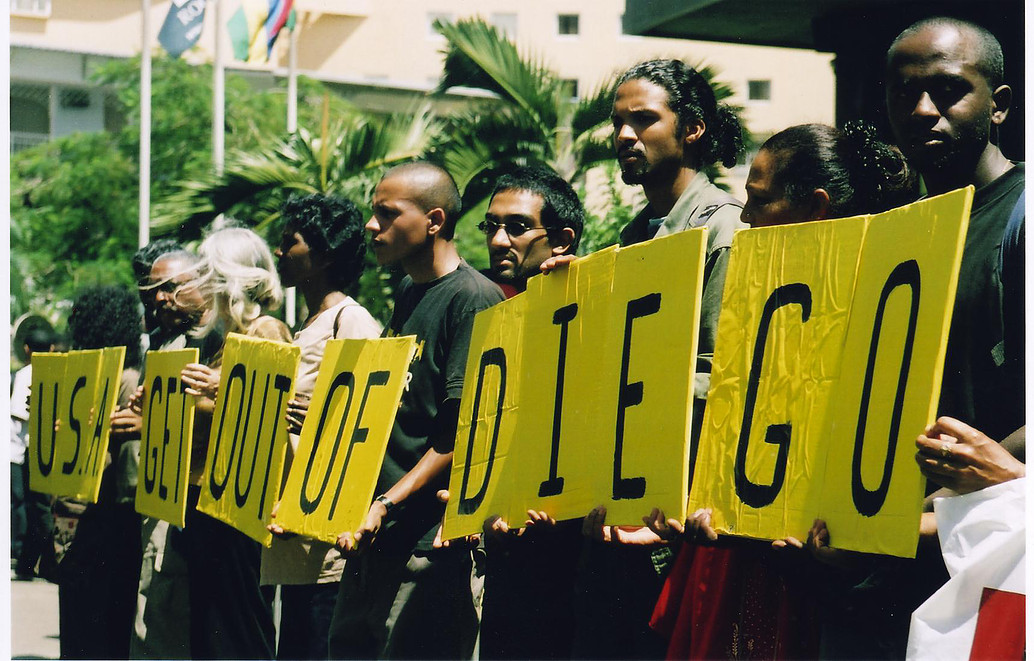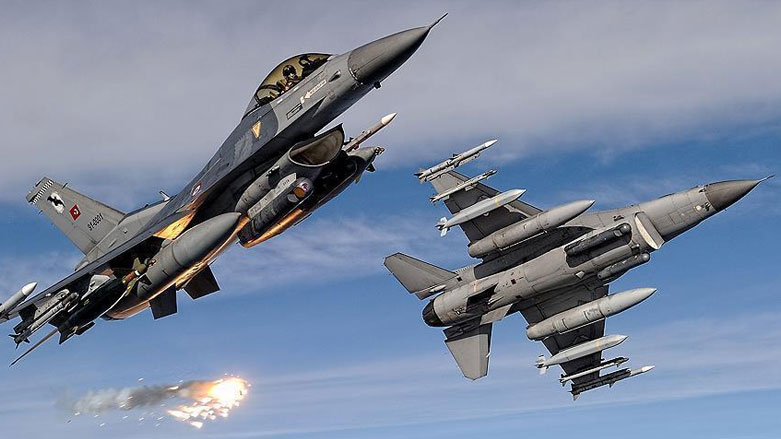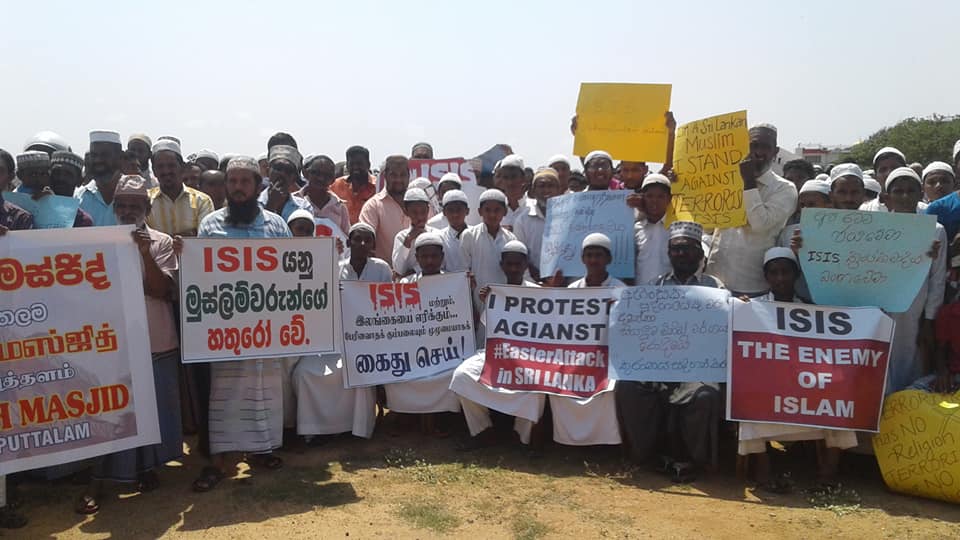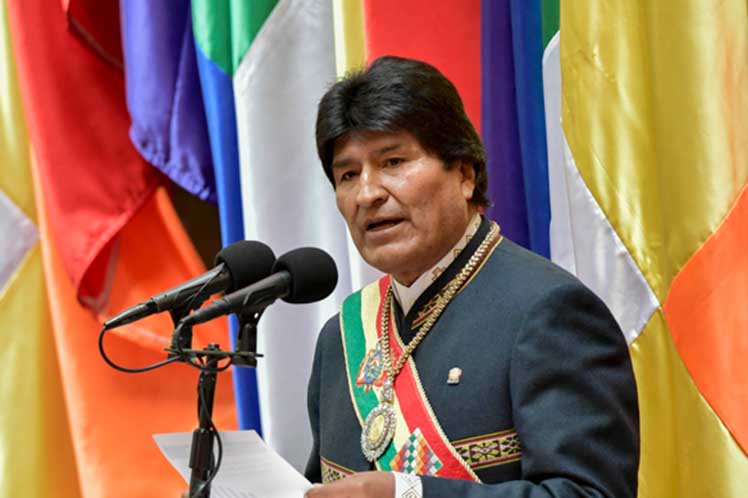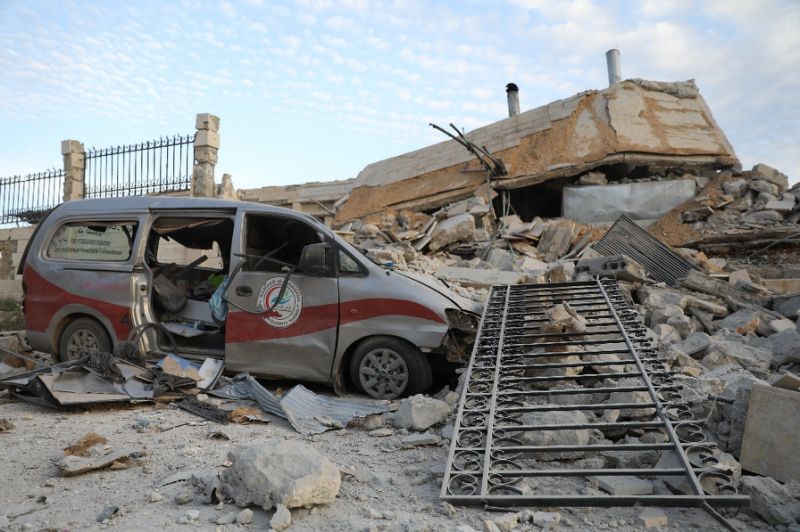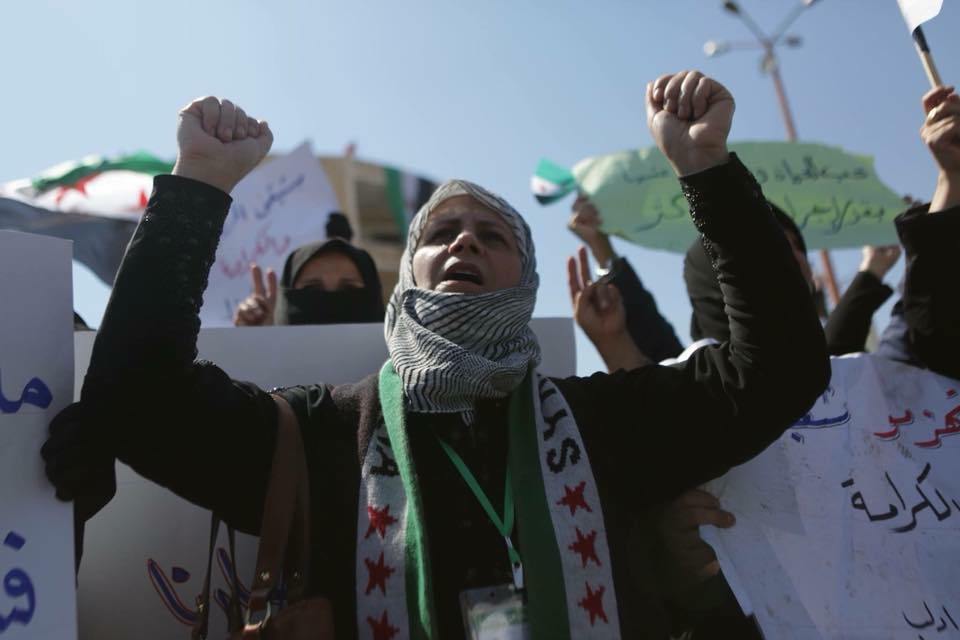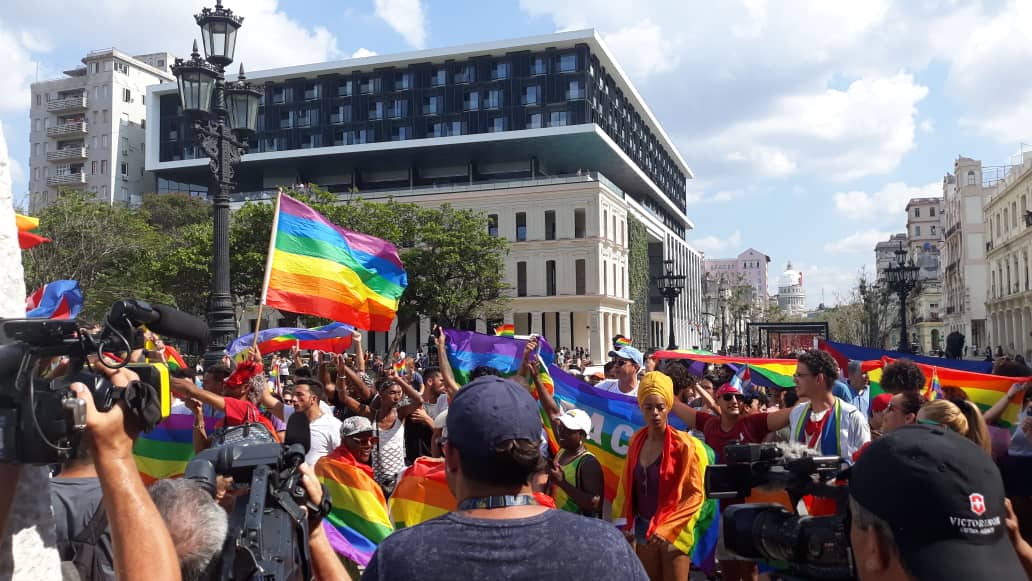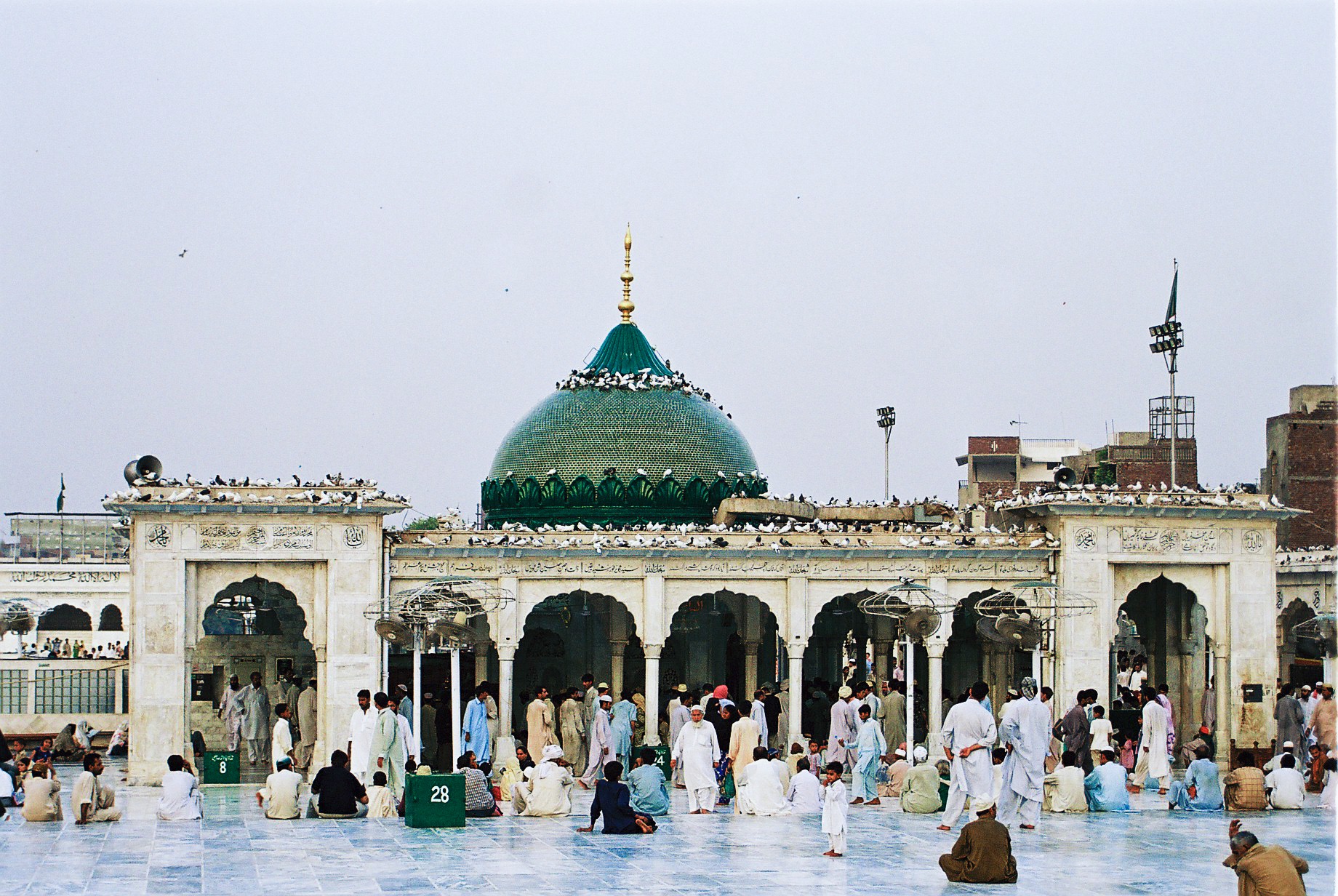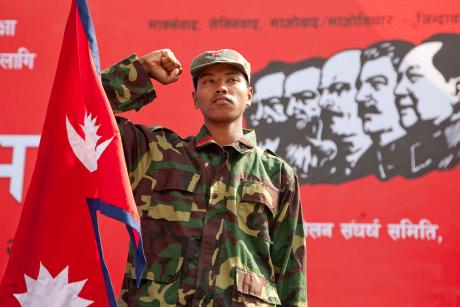
Nepal blasts: bid to reboot Maoist insurgency
Four people were killed and three others injured in three explosions in Kathmandu, a grim reminder of the Maoist insurgency the shook Nepal for a decade before a 2006 peace agreement. A dissident faction that has remained in arms since the peace agreement claimed credit for the blasts. The Netra Bikram Chand-led “Communist Party of Nepal” had declared a nationwide general strike for the following day. And in fact many businesses and transportation services were shut down, seemingly more due to fear of attack than support for the strike. The Netra Bikram Chand faction broke from the Unified Communist Party of Nepal-Maoist (UCPN-M) when it laid down arms and joined the government. (Photo: Libcom)



